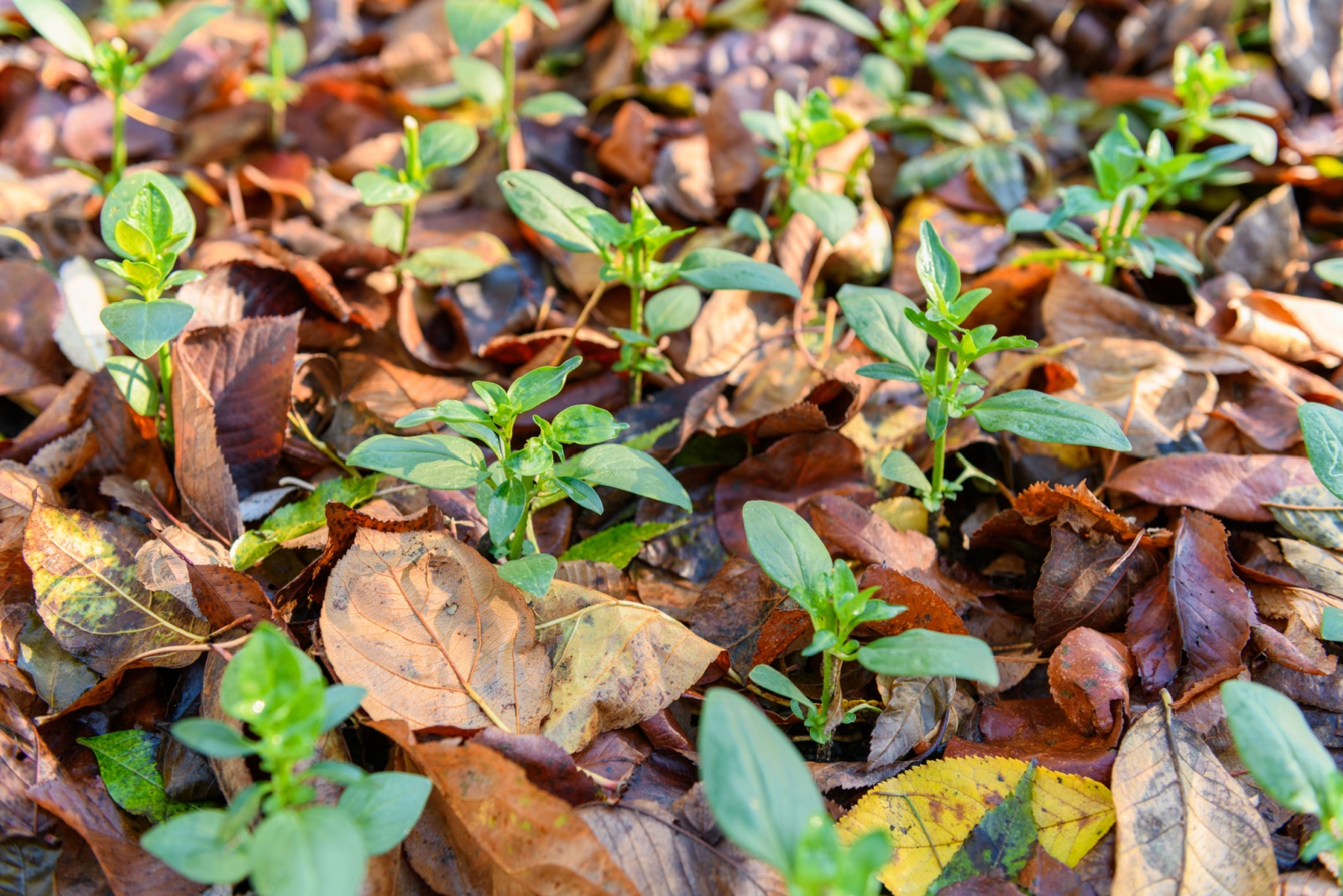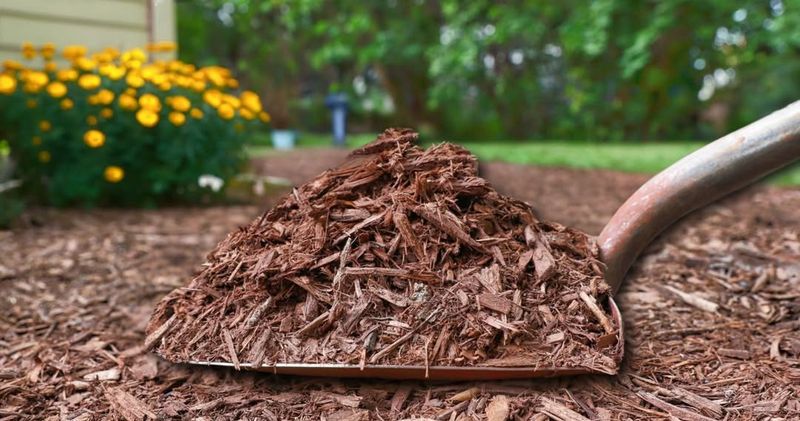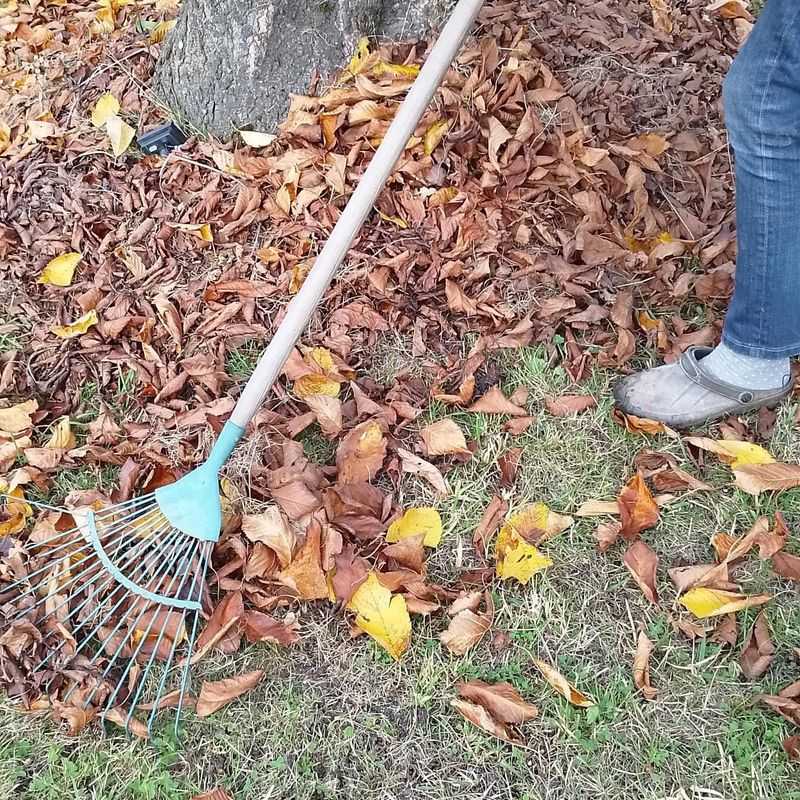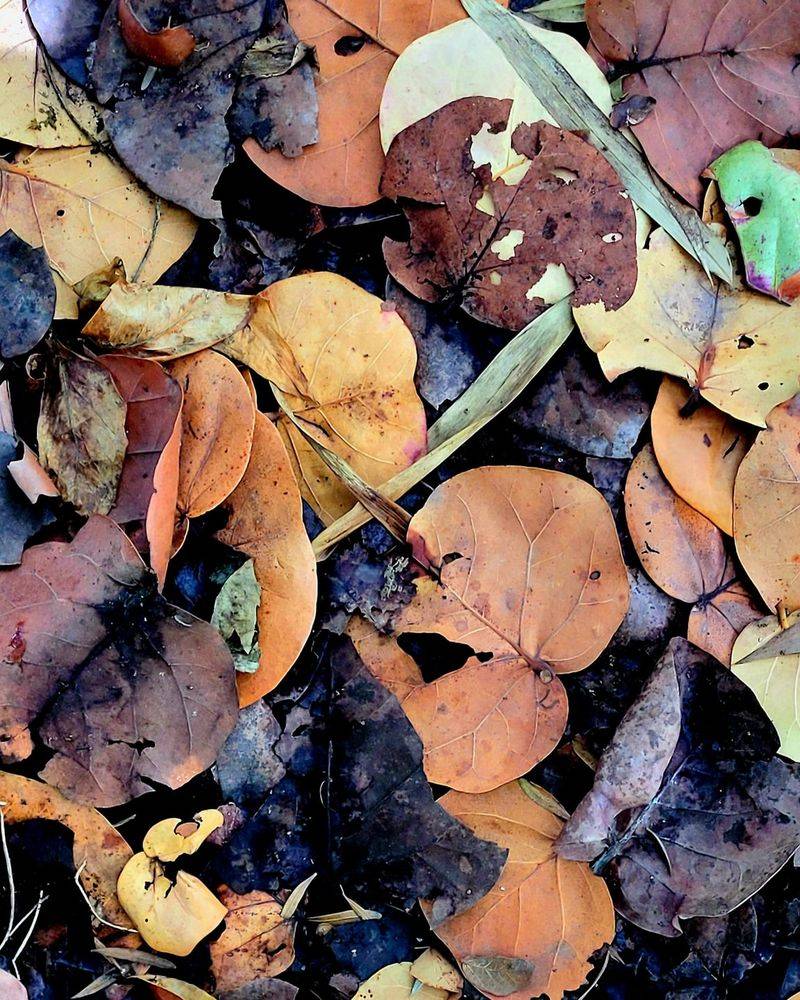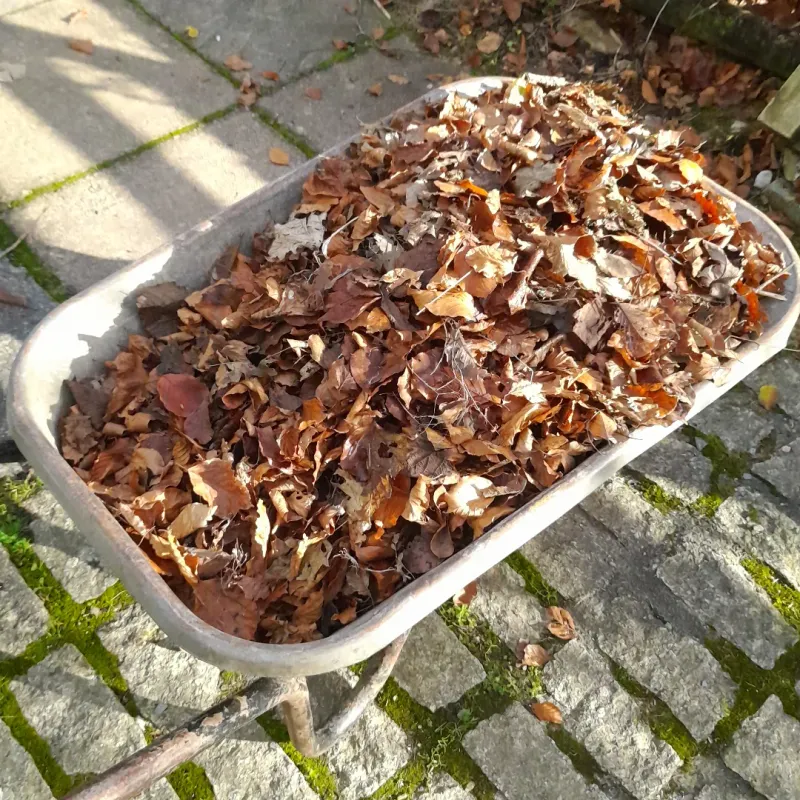Winter in Oregon brings chilly temperatures and plenty of rain, which can be tough on flowering plants trying to survive the colder months. Many gardeners across the state have discovered that shredded leaves make an excellent mulch for protecting their winter blooms.
This simple, natural trick not only shields delicate flowers from harsh weather but also enriches the soil while keeping your garden healthy and beautiful all season long.
1. Free And Abundant Resource Right In Your Yard
Every fall, Oregon yards become covered with leaves that most people consider a nuisance. Instead of bagging them up for disposal, savvy gardeners transform this free resource into valuable mulch.
Shredding leaves breaks them down into smaller pieces that decompose faster and create a protective blanket over your winter flowers. You’ll save money on store-bought mulch while putting natural materials already in your yard to good use, making this an economical choice for budget-conscious gardeners throughout the state.
2. Natural Insulation Keeps Roots Warm During Cold Snaps
When temperatures drop unexpectedly, flower roots need extra protection to survive. A thick layer of shredded leaves acts like a cozy blanket, trapping heat in the soil and preventing sudden temperature swings that can damage delicate root systems.
Oregon winters can be unpredictable, with freezing nights followed by milder days. The insulating properties of leaf mulch help maintain consistent soil temperatures, giving your winter flowers the stable environment they need to keep blooming despite whatever weather comes their way.
3. Moisture Retention Reduces Watering Needs
While Oregon receives plenty of winter rainfall, the mulch layer helps soil retain that moisture longer between storms. Shredded leaves absorb water like a sponge and release it slowly back into the ground, keeping flower roots consistently hydrated.
This moisture-holding ability means you won’t need to water as frequently during dry spells. Your winter blooms stay healthy without constant attention, and the steady moisture supply encourages stronger root development, helping plants establish themselves better for spring growth ahead.
4. Nutrient-Rich Decomposition Feeds Your Soil
As shredded leaves gradually break down throughout winter, they release essential nutrients directly into your garden soil. Nitrogen, phosphorus, and other minerals naturally present in leaves become available to your flowers as the decomposition process unfolds.
Oregon gardeners appreciate this slow-release fertilizer effect because it improves soil quality without chemical additives. By spring, much of the leaf mulch will have transformed into rich organic matter that enhances soil structure, supports beneficial microorganisms, and creates the perfect growing environment for your plants.
5. Weed Suppression Means Less Garden Maintenance
Nobody wants to spend winter pulling weeds from around their flowers. A generous layer of shredded leaves blocks sunlight from reaching the soil surface, preventing weed seeds from sprouting and taking over your garden beds.
This natural barrier reduces the time Oregon gardeners spend on maintenance during the rainy season. Fewer weeds mean your winter flowers face less competition for nutrients and water, allowing them to thrive with minimal intervention from you throughout the coldest months when you’d rather stay indoors anyway.
6. Eco-Friendly Solution Reduces Yard Waste
Using shredded leaves as mulch keeps organic material out of landfills and reduces your household’s environmental footprint. Rather than sending bags of leaves to waste facilities, you’re recycling them right where they grew, completing a natural cycle.
Many communities encourage sustainable gardening practices, and leaf mulching fits perfectly with these values. You’ll contribute to healthier local ecosystems while creating a better habitat for insects and earthworms that improve your garden’s overall health, proving that the most effective solutions often come from working with nature.

